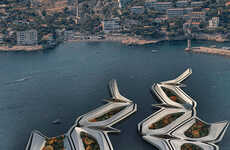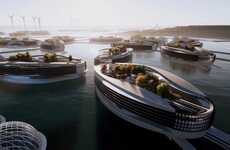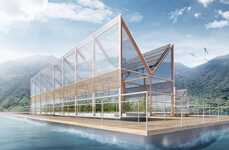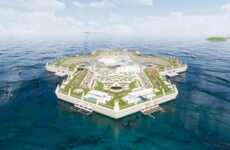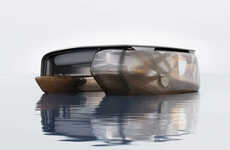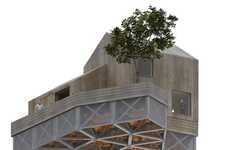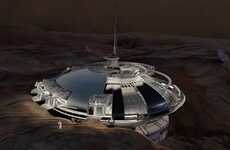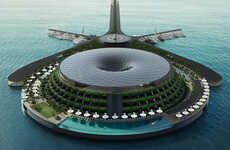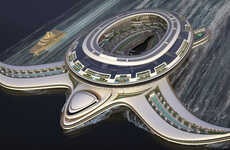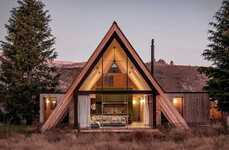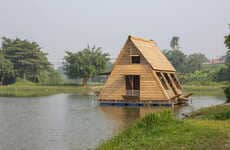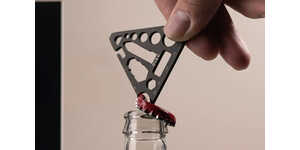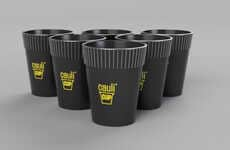
'Dogen City' is Designed to Withstand Climate Challenges
Rahul Kalvapalle — June 13, 2023 — Eco
References: n-ark.jp & ca.sports.yahoo
Japanese architecture startup N-Ark has unveiled plans for 'Dogen City,' a futuristic floating city that would be designed to be totally self-sufficient as well as capable of adapting to the challenges posed by climate change and rising sea levels.
This particular floating city would take on a circular shape specially designed to be able to adapt to climate-related challenges such as storms and tsunamis. Measuring in at a circumference of around four kilometers, the 'Dogen City' would be able to host everything from hospitals to tourism facilities, stadiums, schools, office buildings and retail locations. The floating city would also make use of latest sustainable technologies to be able to produce food and power.
Envisioned by N-Ark to be active by the year 2030, this floating city is an ambitious and audacious vision for how the cities of the future can be built.
Image Credit: N-Ark
This particular floating city would take on a circular shape specially designed to be able to adapt to climate-related challenges such as storms and tsunamis. Measuring in at a circumference of around four kilometers, the 'Dogen City' would be able to host everything from hospitals to tourism facilities, stadiums, schools, office buildings and retail locations. The floating city would also make use of latest sustainable technologies to be able to produce food and power.
Envisioned by N-Ark to be active by the year 2030, this floating city is an ambitious and audacious vision for how the cities of the future can be built.
Image Credit: N-Ark
Trend Themes
1. Floating Cities - The concept of floating cities presents disruptive innovation opportunities for creating sustainable and adaptable urban environments in the face of climate change.
2. Climate-resilient Architecture - The development of climate-resilient architecture opens up disruptive innovation opportunities for designing structures that can withstand the challenges of rising sea levels and extreme weather events.
3. Self-sufficiency - Emphasizing self-sufficiency in city design offers disruptive innovation opportunities for developing urban environments that can produce their own food and power.
Industry Implications
1. Architecture - The architecture industry can explore disruptive innovation opportunities in designing and constructing floating cities and climate-resilient structures.
2. Renewable Energy - The renewable energy industry can contribute to disruptive innovation by developing sustainable power generation solutions for self-sufficient floating cities.
3. Urban Farming - The urban farming industry has disruptive innovation opportunities in providing food production systems for self-sustaining floating cities.
6.6
Score
Popularity
Activity
Freshness

